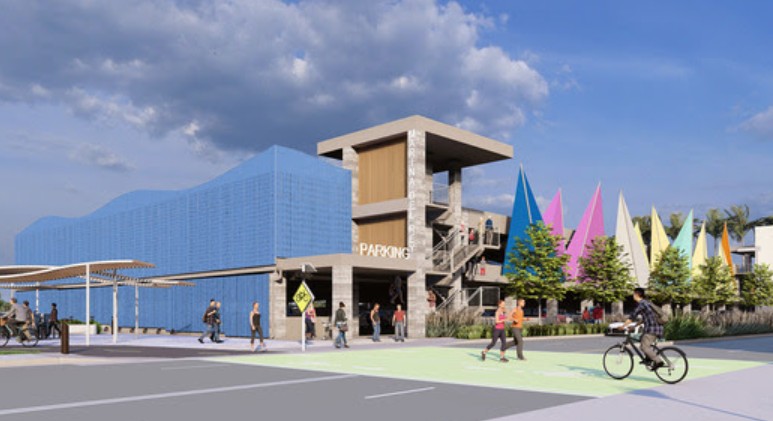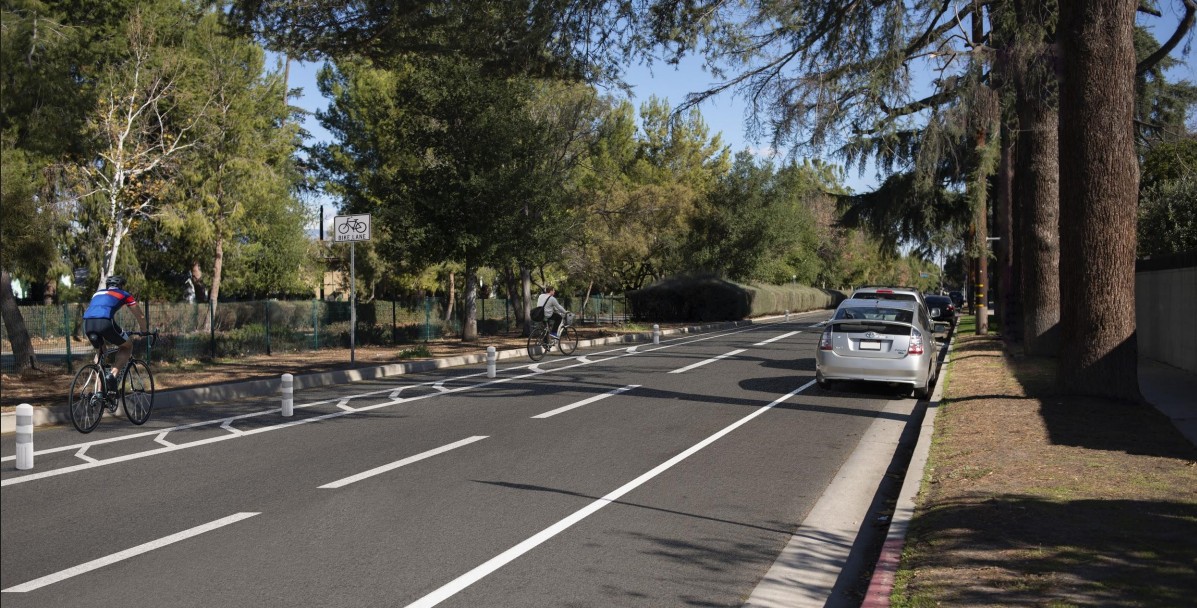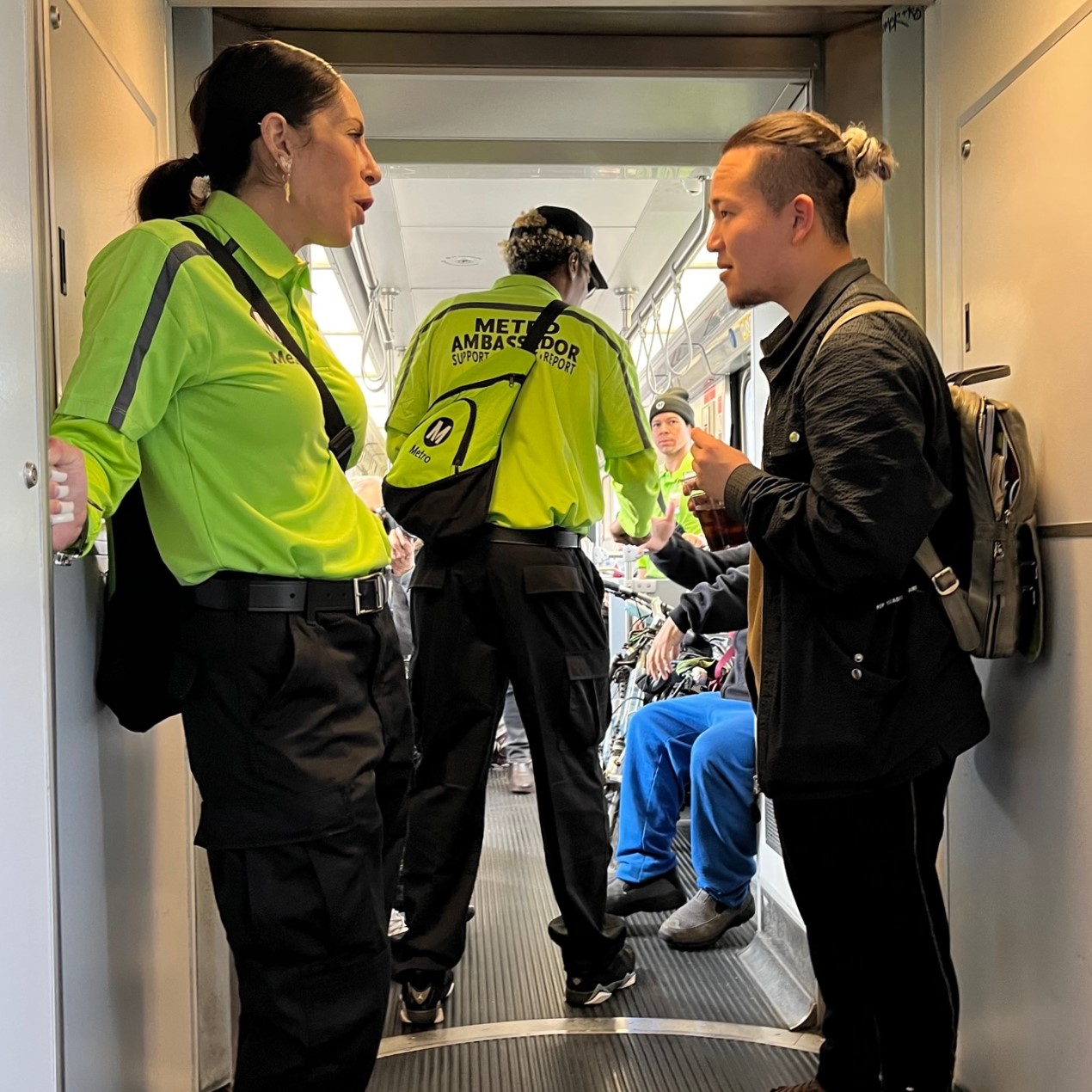Daniel de Zeeuw is the Campaign Coordinator for America Bikes, which advocates for bike and pedestrian infrastructure in the federal transportation bill. Streetsblog asked him to tell our readers about the conversations he's been hearing about the outlook for the transportation bill after the election.
With Election Day expected to bring the GOP big gains in Congress, what’s the outlook for a reauthorization of the transportation bill? Earlier this week, a panel discussion on transportation and climate policy at the Joint Center for Political and Economic Studies moved, inevitably, toward the current political showdown and its likely consequences.
The panel, which featured high-level movers and shakers on transportation policy, agreed that regardless of the number of Republicans and Democrats in the House next year, the new Congress will be a more conservative body that would make any movement on the transportation bill much more difficult. Some say popular programs, like TIGER grants and Transportation Enhancements, which funds bike and ped safety measures, could be at risk.
All of the panelists spoke of the great need for investment in our transportation system and reform in how we spend our transportation dollars. They also seemed to lack confidence that their vision of a robust and reformed transportation system would be any more realistic after next week’s election.
So, when can we expect a new transportation authorization? And what might it look like? Jim Tymon, Republican Staff Director of the House Subcommittee on Highways and Transit, reminded listeners of the political hurdles in the way of reform.
Tymon said he expects to see yet another extension of the transportation bill in December. He predicted another six to eight months without a new bill, but acknowledged that if there isn’t one before September of next year, “presidential politics will take hold” and it is possible to envision another two or three years without a transportation bill.
The biggest constraint is the lack of revenue available for a bill that has been estimated to cost around $500 billion. The incoming 112th Congress is expected to oppose any tax increase needed to pay for this high cost.
“January will bring nothing brighter for a gas tax increase,” remarked Jim Tymon, whose boss, Rep. John Mica (R-FL), is positioned to become Chair of the Transportation Committee if the Republicans win the House. In a recent interview with the Transportation Weekly newsletter, Mica said, “I want to try to get [the reauthorization] as close to the level that we're talking about [$500 billion]. But there's different ways to do that without increasing the gas tax.”
Other options for paying for the bill could include looking at other funding sources, leveraging existing funds, and acknowledging that we might see a smaller and less ambitious bill. Tymon added that they are going to have to examine which programs fall squarely under the federal government’s responsibility, indicating that the cost of some existing programs could be foisted onto the states and localities.
The Transportation Weekly article quotes transportation industry lobbyists saying that programs like Transportation Enhancements would likely end up on the chopping block, as well as discretionary grant programs like TIGER.
The idea of cutting spending and shrinking core programs is a common theme as we ponder the possibility of a Republican-controlled House. But fiscal constraint should not mean making indiscriminate cuts. Rather, we should be having a thoughtful conversation on how our transportation system can best serve all Americans with limited dollars.
I work for America Bikes, and we’ve seen enormous strides in the past twenty years in establishing transit, biking and walking as core to our transportation system. The political and financial realities require a national conversation on what our national goals should be, and how to best make every dollar count.







